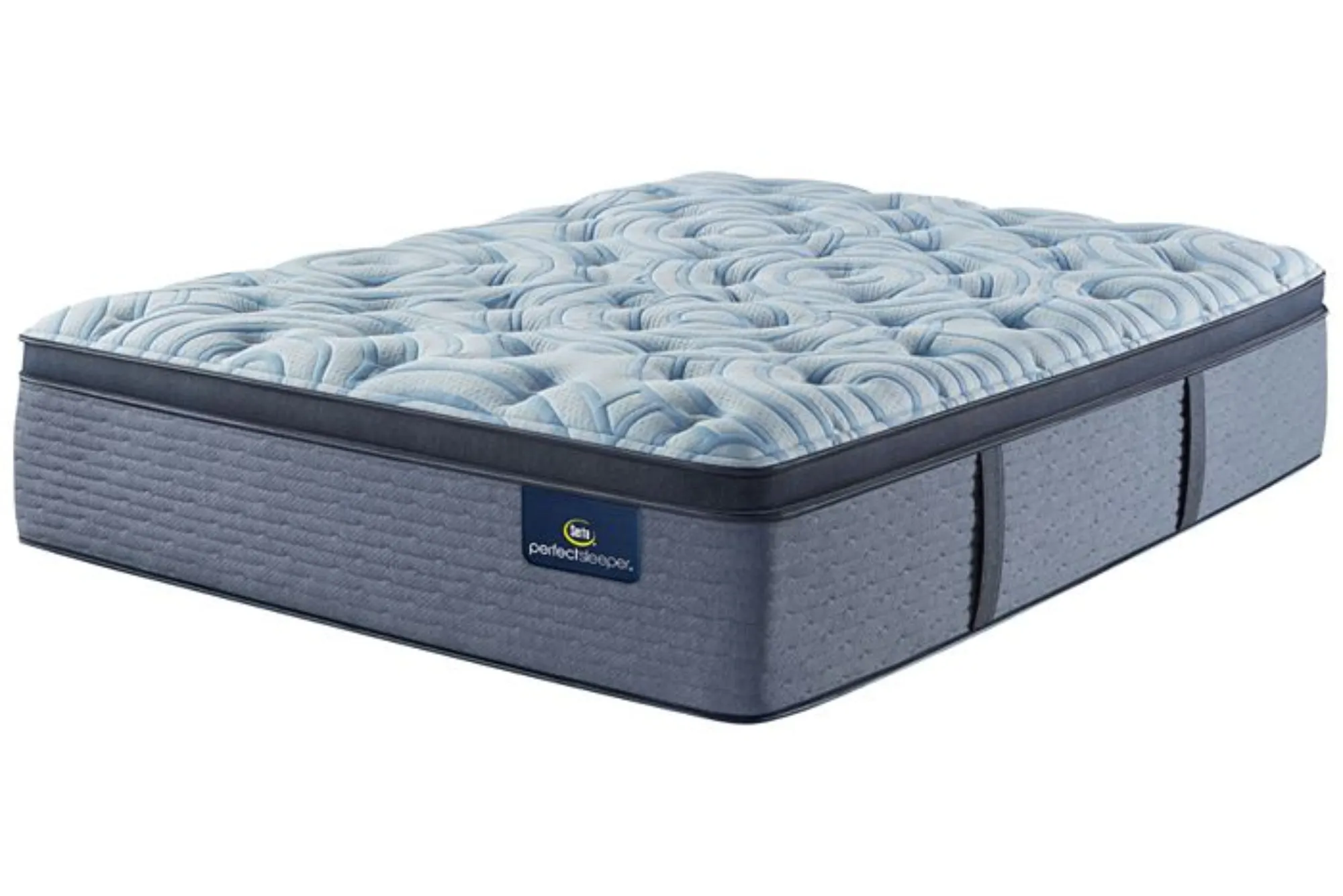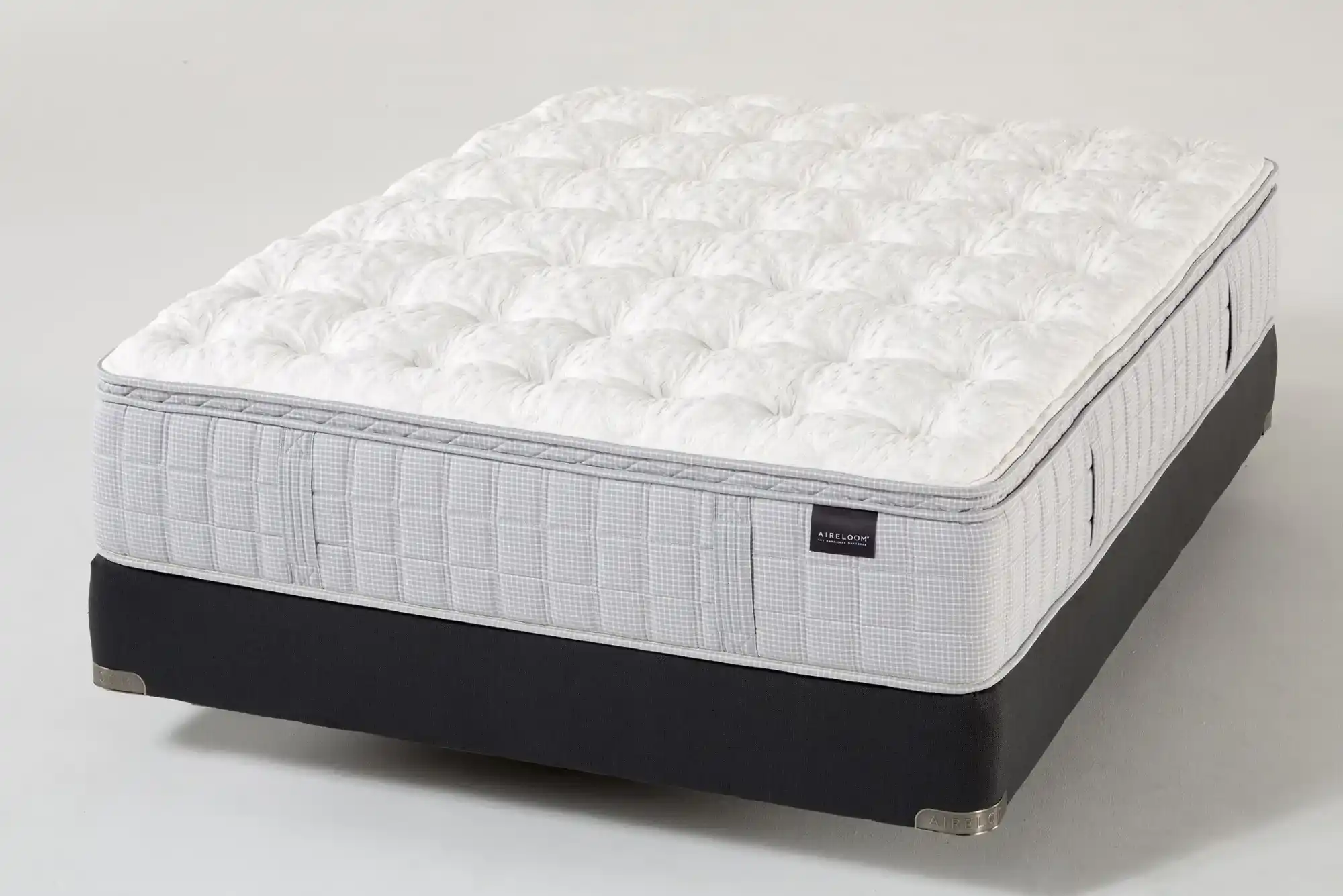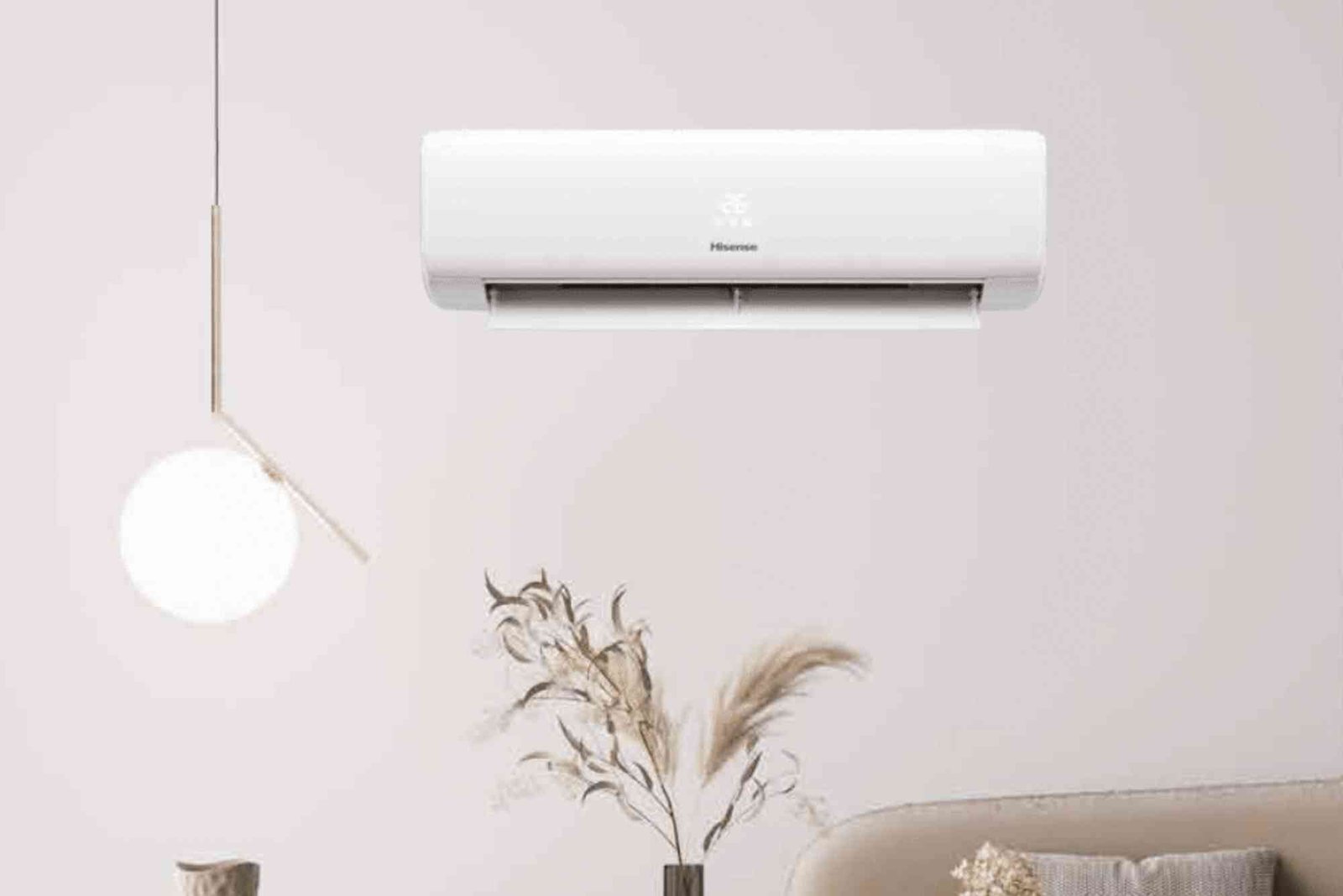When it comes to choosing the right mattress for your futon frame, questions of size, comfort, and compatibility often come into play. Futons and conventional beds serve different functions, and while they may appear similar, their underlying construction and design principles are quite distinct. A common query many people have is whether a Sealy mattress, known for its comfort and support, can be used with a futon frame.
Understanding Futon Frames and Their Design
Futon frames are generally designed with versatility and compactness in mind. They are lightweight, usually foldable, and designed to function both as seating and a sleeping surface. Traditional futons originated in Japan as thin, rollable mattresses that could be laid directly on the floor and stored away when not in use. In modern usage, especially in Western countries, futon frames are often made of wood or metal and are meant to support futon mattresses that can fold and flex easily when transitioning between bed and sofa configurations.
Futon frames typically come in sizes that correspond to standard bed dimensions (twin, full, queen), but the way these frames support weight is different from a traditional bed frame. Futon mattresses are typically thinner than regular mattresses, as they need to bend and conform to a seated position without damaging the frame or the mattress itself.
What Makes a Sealy Mattress Unique?
Sealy mattresses are renowned for their durability, comfort, and support. Unlike futon mattresses, which are often slimmer and more flexible, Sealy mattresses come with layers of padding, foam, and often springs or coils that make them bulkier and firmer. This construction is designed to provide optimal spinal alignment and support during sleep. Additionally, Sealy mattresses are not designed to fold or bend, as the materials used in their construction are meant to remain in a flat position.
Sealy offers different types of mattresses, such as innerspring, memory foam, and hybrid varieties. Each type is made to provide specific kinds of support and comfort, but all share the common trait of being designed for a stationary, flat surface like a box spring or slatted bed frame. These mattresses are also heavier and more rigid compared to futon mattresses, which means they are not ideally suited to the folding requirements of a futon frame.
Size Compatibility Between Sealy and Futon Frames
Since futon frames come in standard sizes, you may find that certain Sealy mattresses could physically fit within the frame’s dimensions, particularly if they are of the same size (e.g., both are queen or full size). However, the fit is not only about matching dimensions but also about how well the mattress interacts with the frame’s design and function.
When a Sealy mattress is placed on a futon frame, several issues arise. For one, Sealy mattresses lack the flexibility to bend into a sofa position without causing damage to their internal structure. Most futon frames are designed to fold in the middle or have a sliding mechanism to transition from bed to sofa mode. A Sealy mattress placed on such a frame would not accommodate these functions and could compromise both the frame and the mattress itself over time.
Comfort and Structural Concerns
While a Sealy mattress may provide better support and comfort when used on a traditional bed frame, the same cannot be said for using it on a futon frame. Futon frames are not as rigid or as supportive as standard bed frames, and they often rely on the flexibility of a thinner futon mattress to distribute weight evenly. Placing a heavy and non-flexible mattress like a Sealy on a futon frame may lead to discomfort due to uneven support, especially when sitting. Over time, the weight and rigidity of the mattress can also weaken the futon frame.

Impact on Mattress Durability
Using a Sealy mattress on a futon frame can lead to premature wear and tear. Futon frames are designed to bear the weight of lighter, more flexible futon mattresses. A conventional mattress, especially a heavier one like a Sealy, can strain the frame’s joints, which can lead to structural damage. Furthermore, bending a Sealy mattress, particularly one with springs or coils, can disrupt its internal structure, causing damage to the coils or foam layers and diminishing its supportive qualities.
Table: Comparison Between Sealy Mattress and Futon Mattress for Futon Frame Compatibility
| Feature | Sealy Mattress | Futon Mattress |
|---|---|---|
| Flexibility | Rigid, not designed to fold | Flexible, designed to fold easily |
| Thickness | Usually thicker (8-14 inches) | Typically thinner (4-8 inches) |
| Weight | Heavier, with supportive layers | Lightweight, easier to maneuver |
| Compatibility with Futon Frame | Limited due to rigidity | Highly compatible due to flexibility |
| Durability on Futon Frame | Susceptible to wear and tear | More durable on futon frame |
| Comfort | Designed for flat surfaces | Designed for both seated and flat positions |
Exploring Alternatives
If you are looking to enhance the comfort of your futon setup, it may be worth exploring alternatives rather than attempting to place a Sealy mattress on a futon frame. Some options include:
High-Quality Futon Mattresses
Futon mattresses come in various materials, including memory foam, pocketed coils, and latex, which can offer superior support and comfort while remaining compatible with futon frames.
Mattress Toppers
Adding a memory foam topper or a similar mattress pad can enhance the comfort of your futon without adding too much rigidity or weight that would compromise the frame’s folding function.
Platform Bed with a Sealy Mattress
If a Sealy mattress is a must for you, consider investing in a simple platform bed instead of a futon frame. Platform beds provide the needed support for a Sealy mattress and do not require a box spring.
Final Thoughts
Using a Sealy mattress on a futon frame might seem like a convenient way to improve comfort, but it’s not advisable due to differences in size compatibility, comfort levels, and structural demands. Futon frames are not designed to handle the weight and rigidity of a conventional mattress, and attempting to make them compatible can lead to both discomfort and potential damage to the frame and mattress alike.
To ensure longevity and comfort, consider sticking to high-quality futon mattresses designed specifically for futon frames or opting for a different frame type better suited to support a traditional mattress.










